I read that MySQL does not support server side query plan caching. So if i want to use PreparedStatements for performance benefits, what i can do is enable statement caching in JDBC Connection. So as per the docs it will enable caching of prepared statements on per connection basis.
What is the performance gain of PreparedStatement caching by JDBC connection compared to if MySQL had server side query plan caching ? So if a PreparedStatement is indeed found in the physical connection's cache, does it mean that when it gets to mysql server, mysql would not run query optimizaton on it and will be able to directly execute it ?
Should i even use Statement caching at JDBC connection level while using MySQL as my database ? I am using Hikari database connection pool with Mysql JDBC connector.

